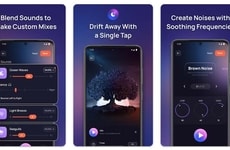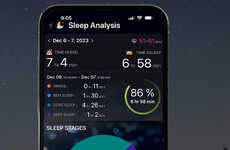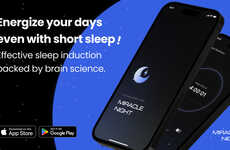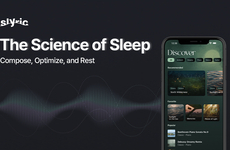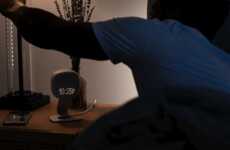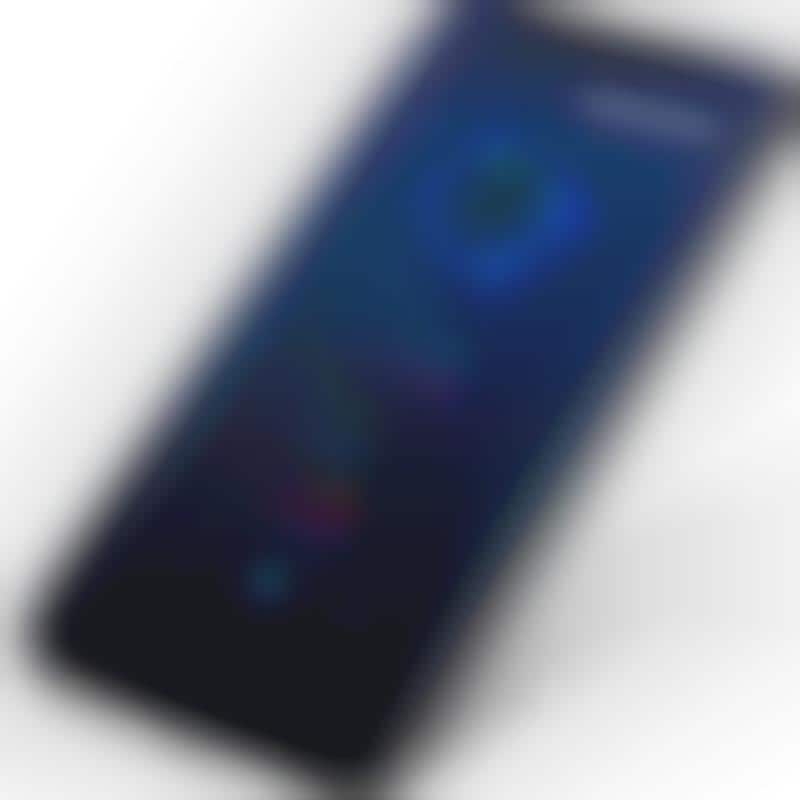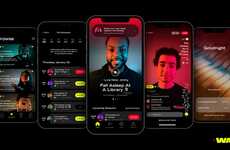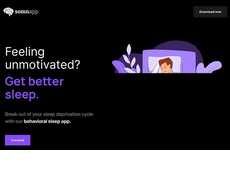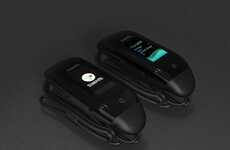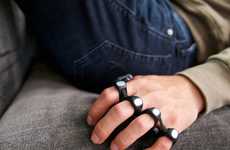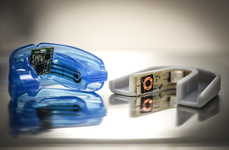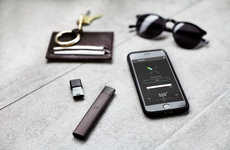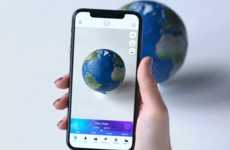
The 'SleepScore' App Uses Sonar to Track Sleeping Habits
Justin Lam — June 15, 2018 — Tech
References: sleepscore & cnet
By utilizing a smartphone's speakers the 'SleepScore' app allows users to potentially diagnose a host of sleep problems without the need for any uncomfortable or obtrusive wearables. Much like the SleepScore Max bedside gadget, the app sends out inaudible sound waves that measure bodily movement overnight. These movements allow the app to take note of sleep duration as well as the time it takes a user to fall asleep. The SleepScore app can reportedly measure respiration and recognize REM periods, according to Colin Lawlor, SleepScore Lab's CEO.
The SleepScore app is currently being offered for free for seven days. The full subscription to continue the service will run for $4 a month and will allow users to keep a complete sleep history and will even format the records to be sent to a doctor.
The SleepScore app is currently being offered for free for seven days. The full subscription to continue the service will run for $4 a month and will allow users to keep a complete sleep history and will even format the records to be sent to a doctor.
Trend Themes
1. Sonar-powered Sleep Tracking - Opportunity for developing innovative sleep tracking solutions using sonar technology.
2. Non-intrusive Sleep Diagnosis - Potential for creating sleep diagnostic tools that do not require uncomfortable wearables.
3. Remote Sleep Monitoring - Possibility to develop sleep monitoring apps that can remotely track and analyze sleep patterns.
Industry Implications
1. Healthcare - Disruptive opportunity for healthcare providers to offer remote sleep monitoring and diagnosis services.
2. Mobile Applications - Potential for mobile app developers to create and market sonar-powered sleep tracking apps.
3. Consumer Electronics - Opportunity for consumer electronics manufacturers to integrate sonar technology into sleep tracking devices.
3
Score
Popularity
Activity
Freshness

